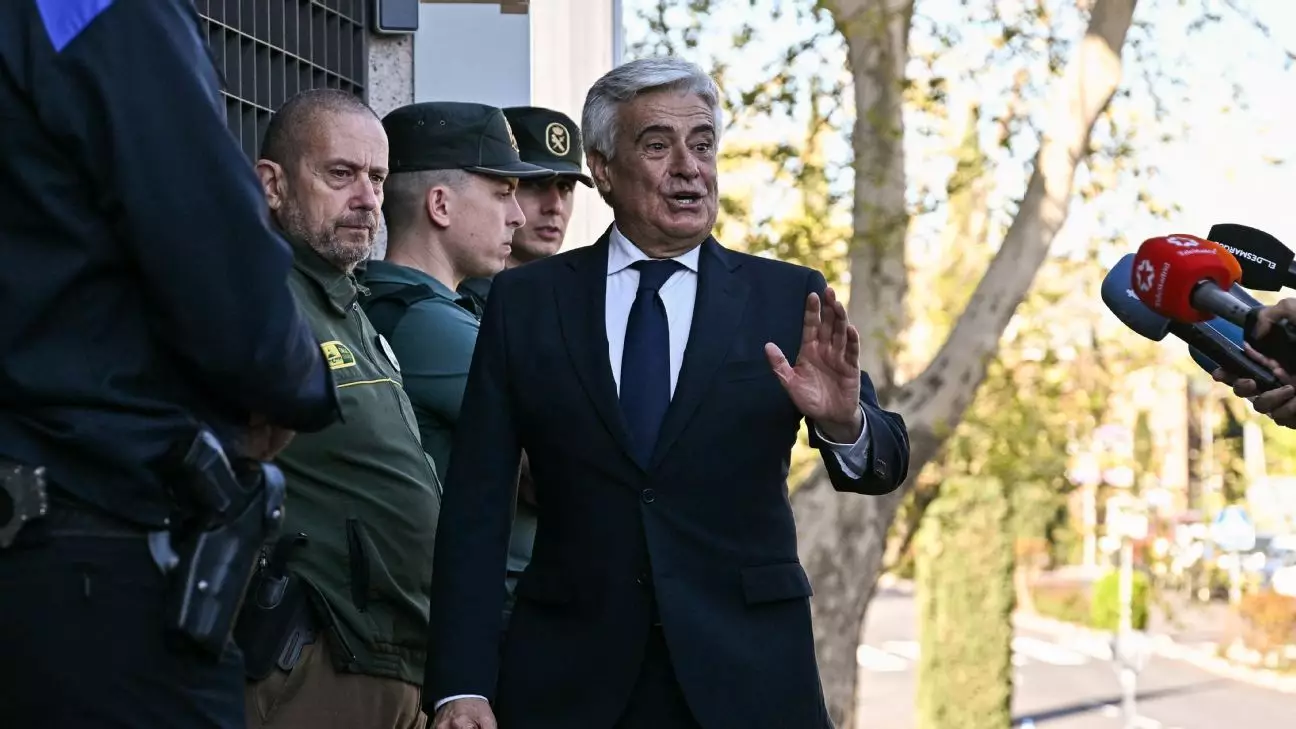The Royal Spanish Football Federation (RFEF) finds itself on the brink of a pivotal leadership change as it prepares for elections on December 16. With a president absent since July due to a serious infraction that led to the suspension of Pedro Rocha, the urgency for a stable governance structure has never been more apparent. The protracted leadership vacuum has captured the attention of FIFA, which recently convened in Madrid with Spanish officials, emphasizing the need for swift electoral action to ensure the federation’s operational integrity.
Pedro Rocha’s interim presidency followed the resignation of Luis Rubiales, who stepped down in the aftermath of a scandal involving an unsolicited kiss to player Jenni Hermoso. This controversy not only marred the federation’s reputation but also underscored the systemic issues plaguing Spanish football governance. The formation of a special committee by the Spanish government to oversee RFEF operations highlights the depth of the crisis. This committee, instituted in April, reflects broader concerns regarding the leadership and direction of Spanish football, with the government stepping in to safeguard national interests during a tumultuous period.
As the RFEF approaches its electoral date, the ramifications of its leadership decisions extend beyond national borders. Concerns have arisen regarding Spain’s hosting rights for the 2030 World Cup, particularly if the federation fails to elect a new president by the time FIFA conducts its ratification process during its Congress meeting on December 11. Spain’s national coach, Luis de la Fuente, articulated his apprehensions about the nation’s potential disqualification from hosting duties, emphasizing the intertwined fate of the federation’s leadership and international sporting prestige.
In a bid to maintain financial stability and international relations, the RFEF has announced that the Spanish Super Cup will take place in Jeddah, Saudi Arabia, in January 2025. This decision not only seeks to bolster resources but also indicates the federation’s strategy to forge lucrative partnerships on a global scale, even as it grapples with domestic governance challenges. The cup matches featuring major teams like Real Madrid and Barcelona signify the ongoing commercial relevance of Spanish football, which persists in the face of political upheaval.
Looking forward, the RFEF’s upcoming elections present an opportunity for renewal and reformation. The new president will be tasked with restoring trust within the federation and addressing the systemic issues that have led to this current state of disarray. Stakeholders across the footballing landscape—players, fans, and officials alike—are keenly awaiting the changes promised by this electoral process. It is an imperative moment for Spanish football, one that could redefine its future both domestically and on the international stage. The hope is for a leader who can unite a fractured organization while navigating the complexities of modern football governance.

